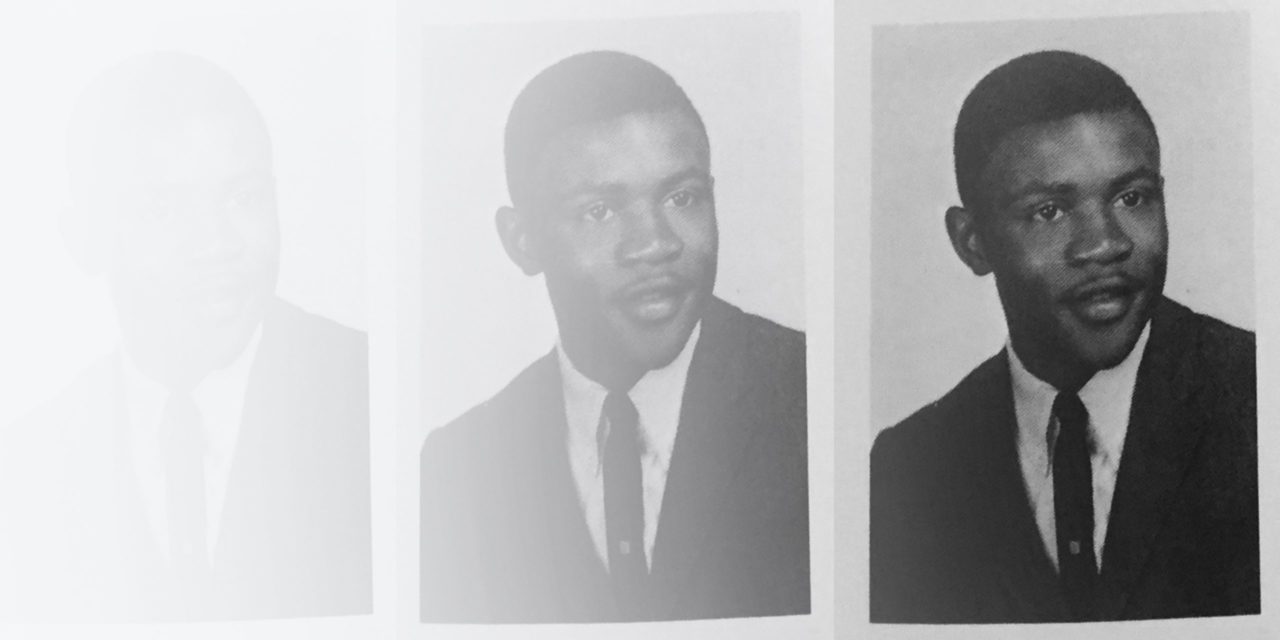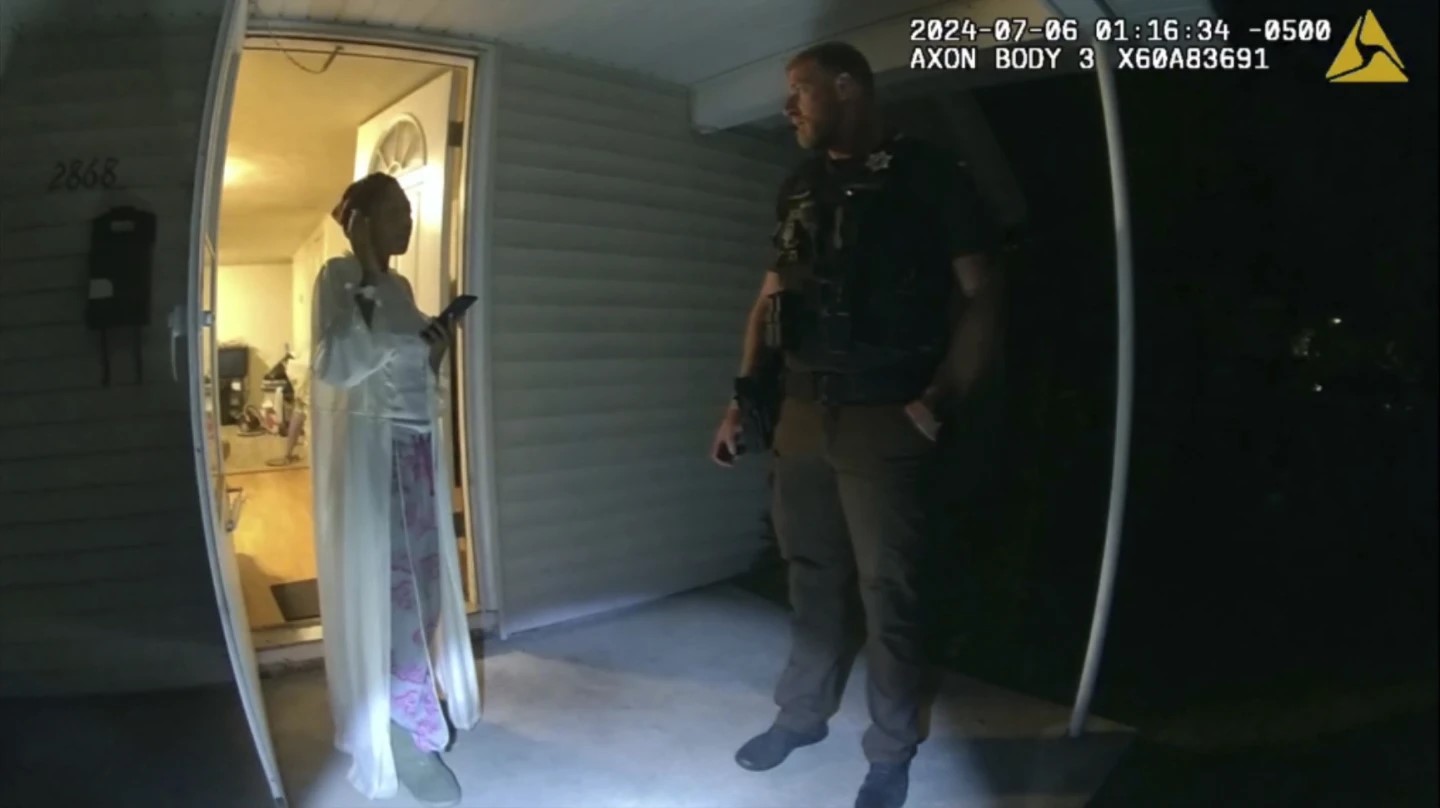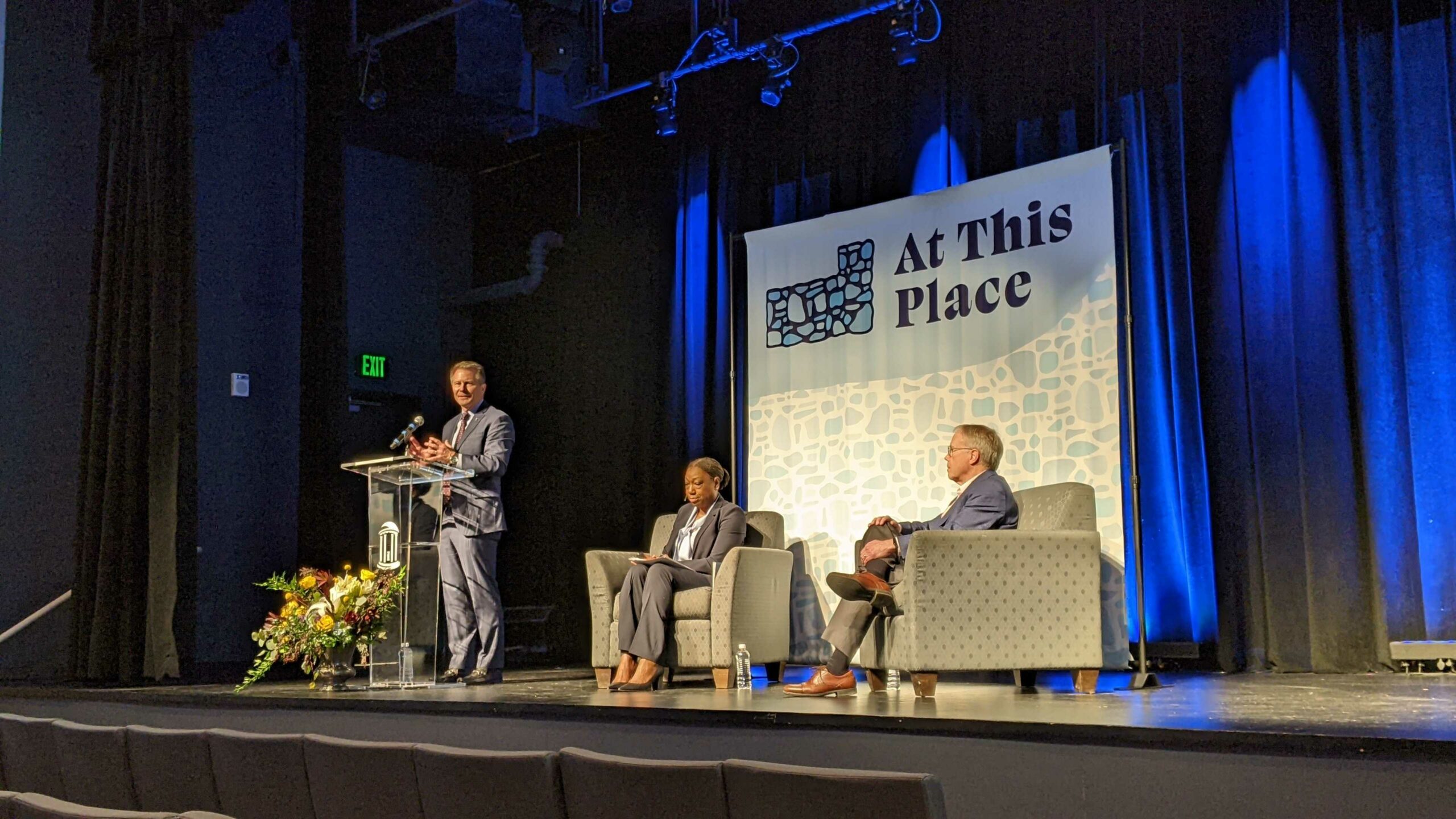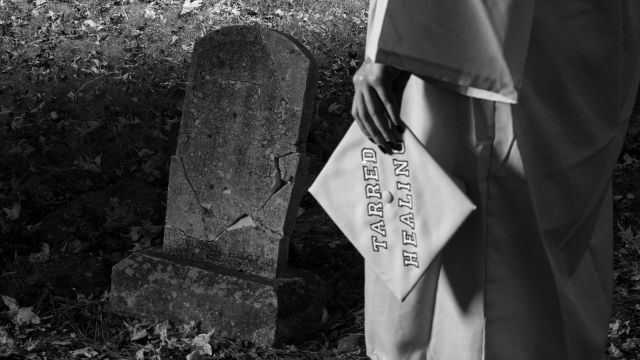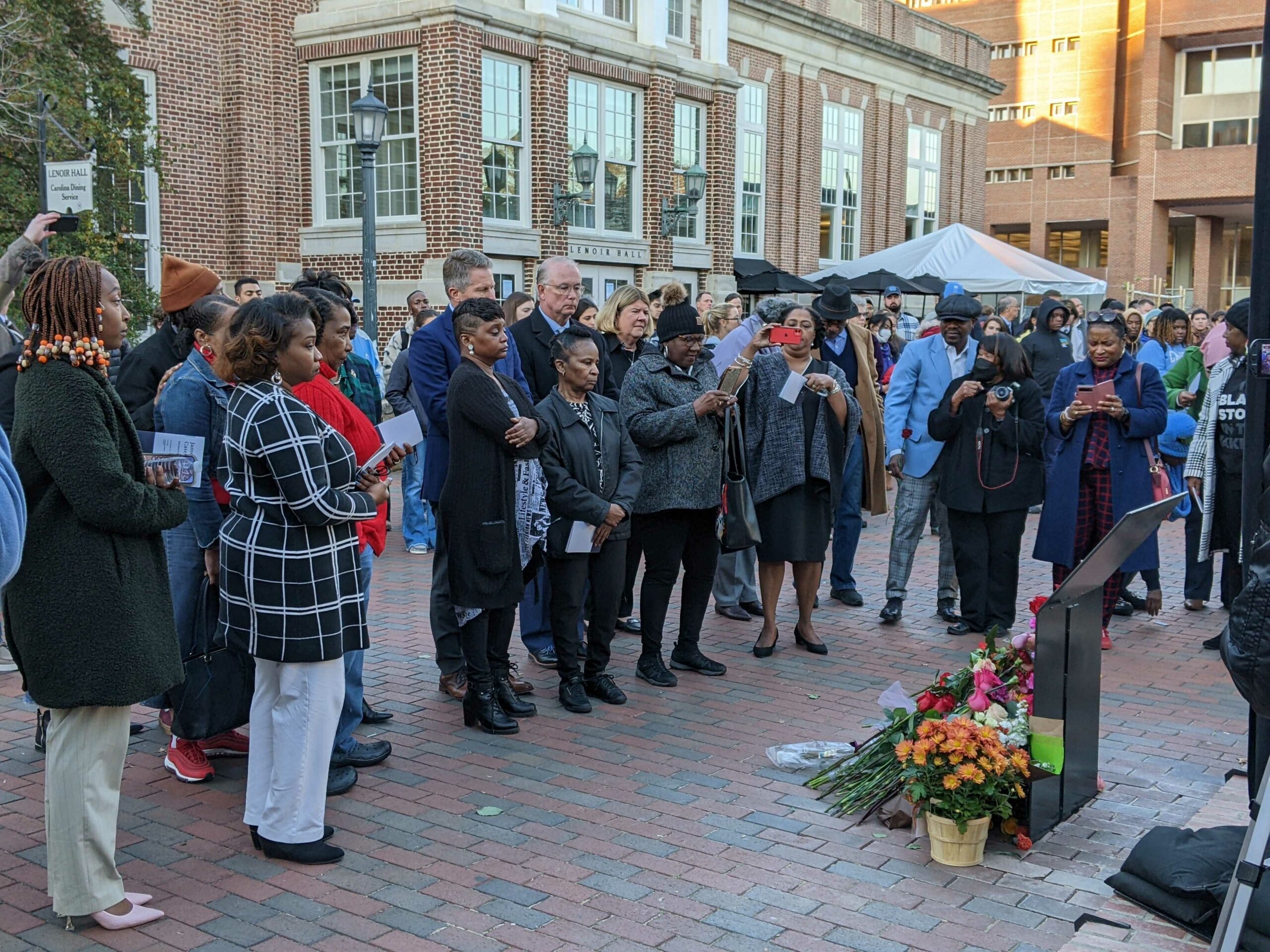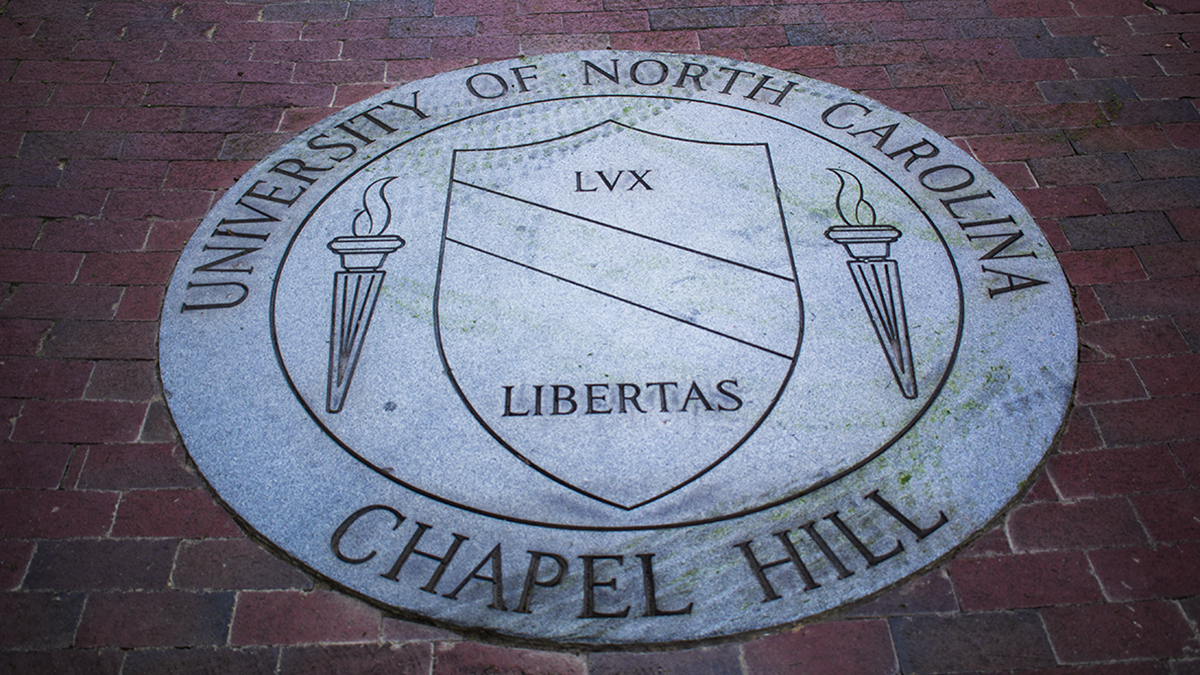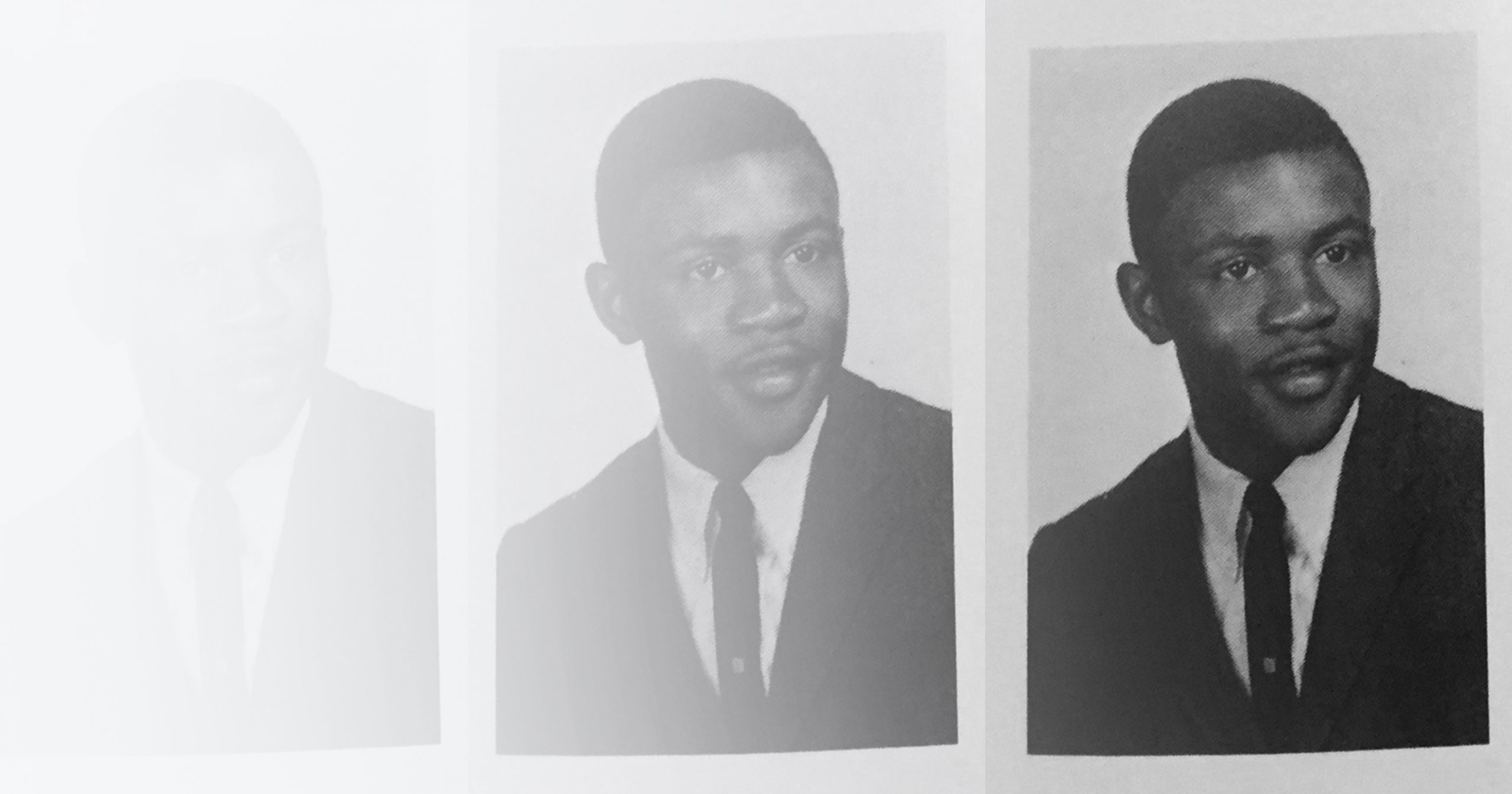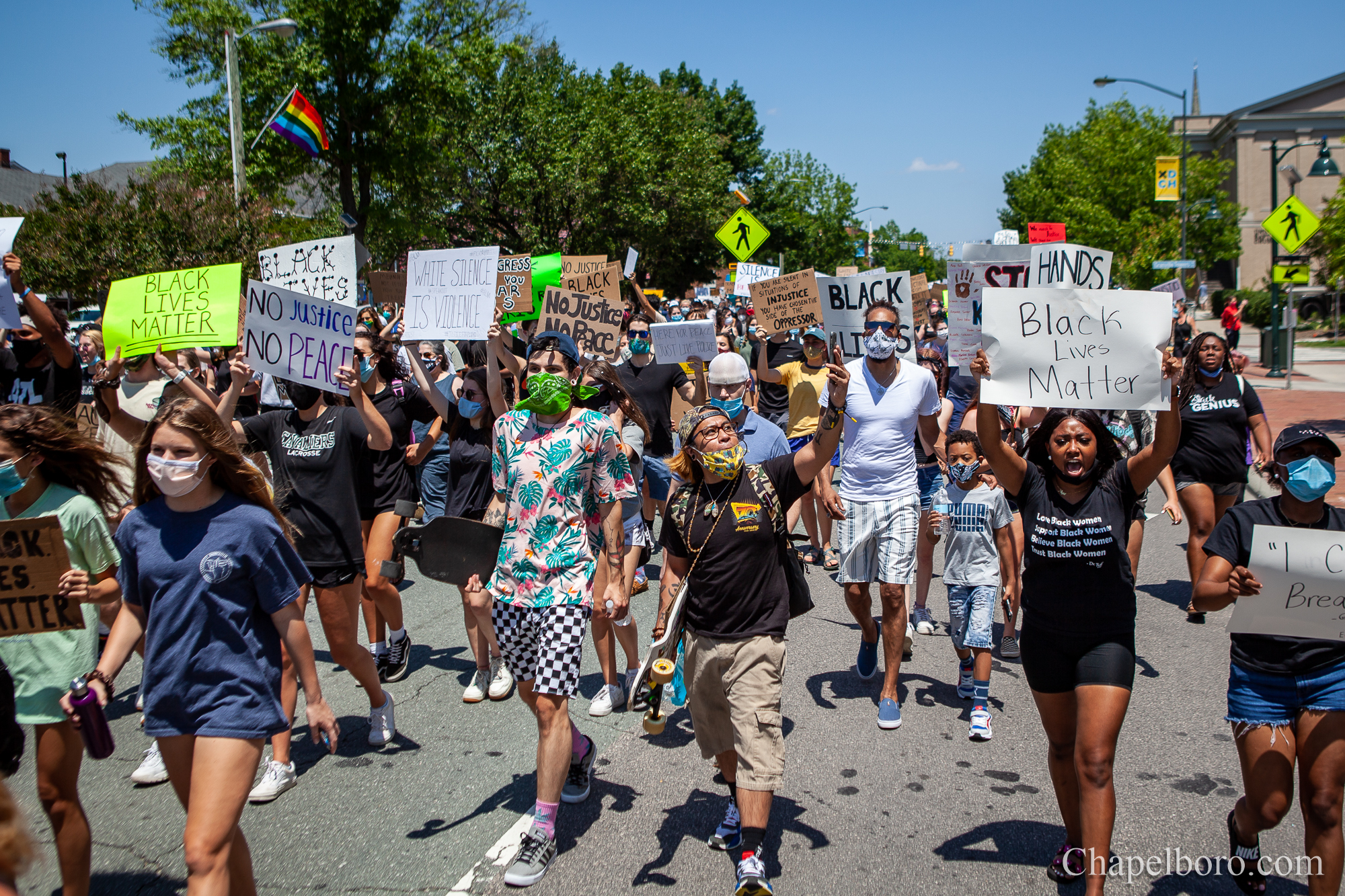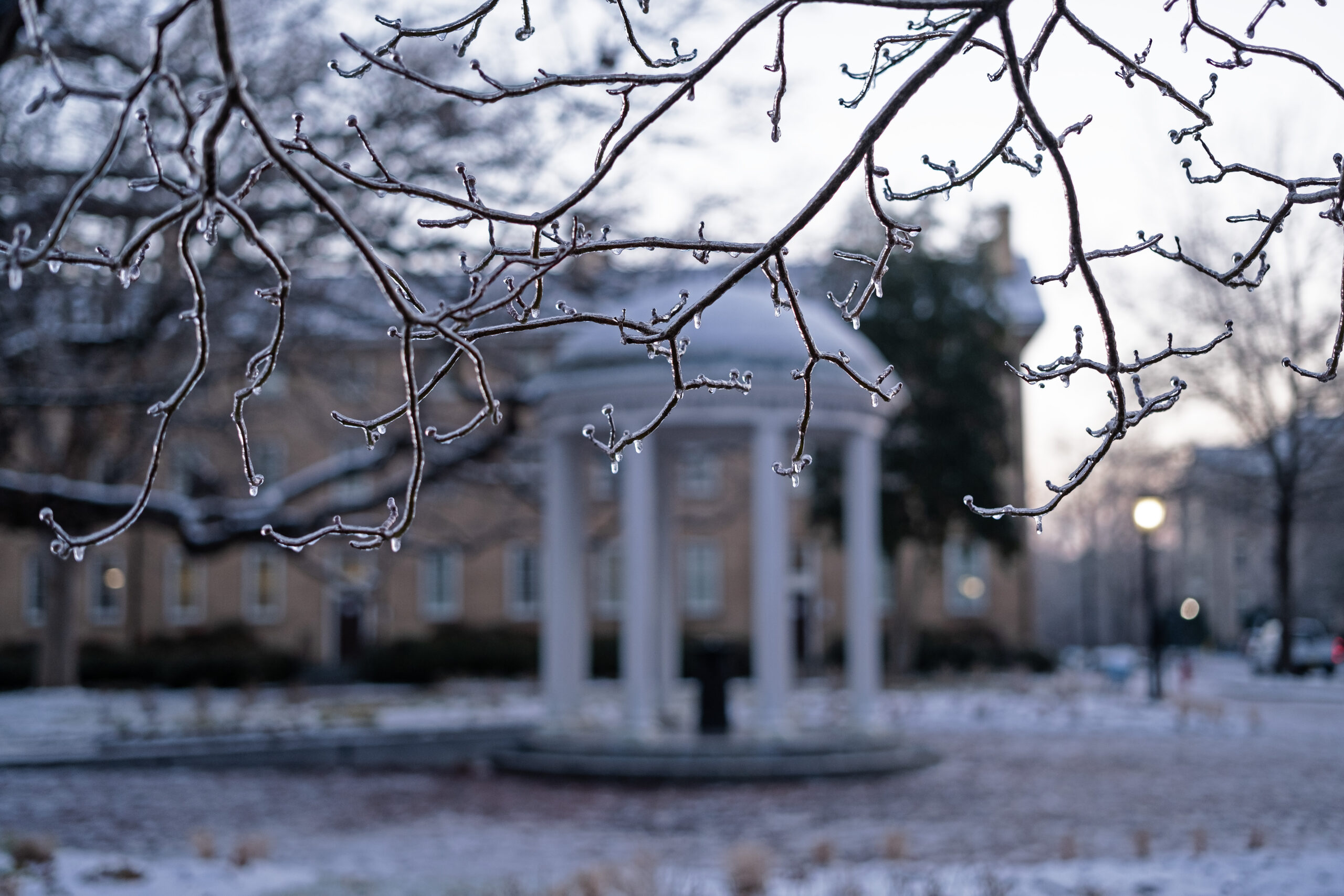James Lewis Cates Jr. was among those attending an all-night dance in the Carolina Student Union at UNC the night of November 21, 1970. While the event aimed to improve race relations in the Chapel Hill community, it turned tragic after a white supremacist motorcycle gang called the Storm Troopers arrived and got into a fight with Black attendees at the dance.
In the fight, Cates was stabbed twice and left in The Pit, a central gathering spot. Lack of proper medical attention and response led to the 22-year-old dying from blood loss.
Over the course of five decades, Cates’ family members and Chapel Hill community members have grappled with his tragic death and lack of any substantial investigation. But recently, the federal government decided to revisit the murder case.
The U.S. Department of Justice said it is investigating Cates’ death as part of a push to examine racially-motivated murders. It is thanks to the Emmett Till Unsolved Civil Rights Crime Act, signed into law in 2016, which has helped the DOJ’s Civil Rights Division re-open more than 160 cold cases. Cates is now among the 27 deaths before 1979 that remain open cases.
State Sen. Valerie Foushee and Nate Davis, two of the living relatives of Cates, shared a statement with the Stone Walls substack newsletter on Wednesday following the news.
Fifty-two years ago when we lost our beloved cousin James Lewis Cates Jr., community members asked the U.S. Department of Justice to investigate the circumstances surrounding his death. They never heard back from the DOJ in 1970. But this January, in 2022, we did. The Civil Rights Division of the U.S. Department of Justice contacted us about the possibility of opening an investigation with the authority granted under the Emmett Till Act. Now we can announce that the federal government has officially opened a case to investigate the death of James Cates on the campus of the University of North Carolina at Chapel Hill. We do not know where this process will lead, but we are glad that it is taking place, even if all these decades later. We would like to express our deep gratitude to our community, especially those who loved him and have kept his memory alive, and extend our heartfelt thanks to so many who have refused to let the name James Cates fade again. Thank you to so many students on campus, both in the 1970s and in recent years, who have advocated to remember James Cates, and to the members of the James Cates Remembrance Coalition, whose work to preserve the history surrounding our tragic loss continues. “Baby Boy,” as we call him, can never be brought back, but perhaps there might finally be some accountability. And we know he will not be forgotten again.
According to the webpage for the Department of Justice’s “Cold Case Initiative,” officials do outreach to try and identify witnesses and evidence to improve investgations and bring some resolution to families like Cates’. But the federal government acknowledges the challenge of searching for information more than 50 years old.
“The legal and factual challenges in these decades-old matters are enormous, and we realize that few, if any, of these matters will be prosecutable,” reads the DOJ website.
There is a group working to ensure Cates’ memory is kept within the Chapel Hill community. The James Cates Remembrance Coalition strives to hold events on the anniversary of his murder and issues suggestions for how the town or university can honor the 22-year-old — including renaming the Student Stores Building on UNC campus in his honor.
Photo via the Center for the Study of the American South.
Chapelboro.com does not charge subscription fees, and you can directly support our efforts in local journalism here. Want more of what you see on Chapelboro? Let us bring free local news and community information to you by signing up for our biweekly newsletter.

